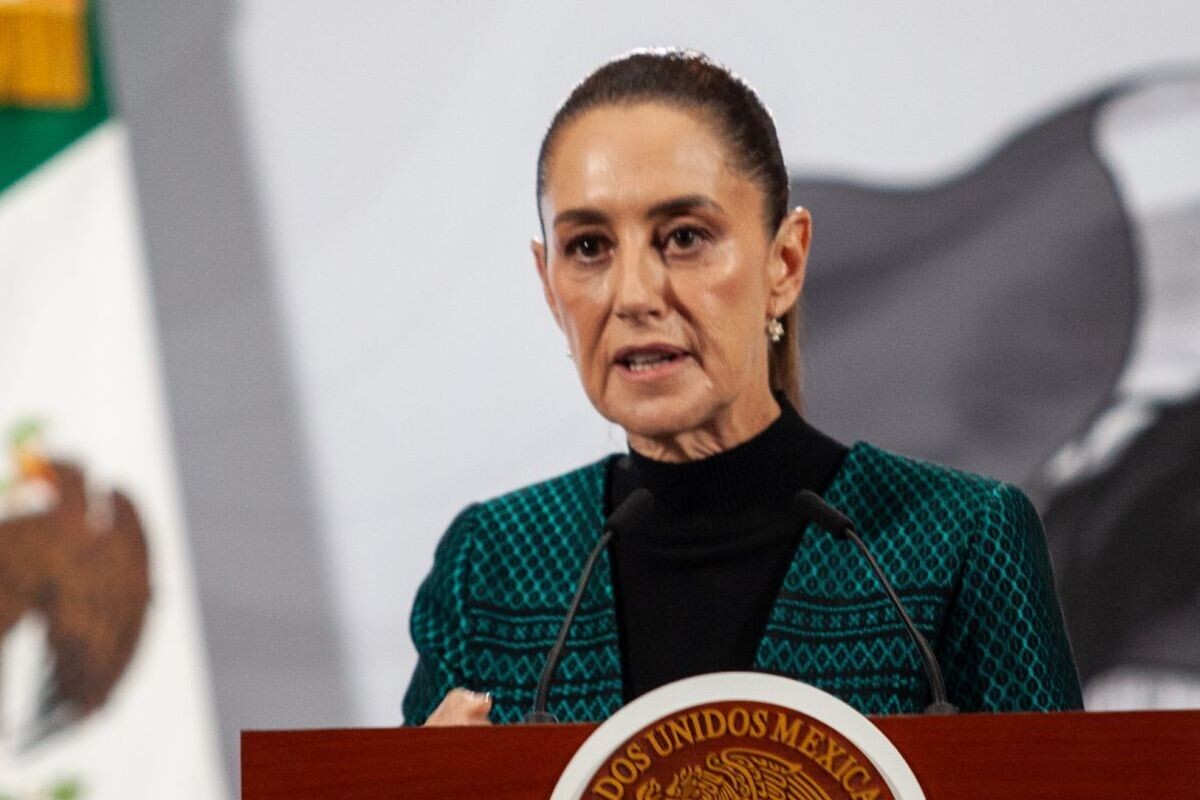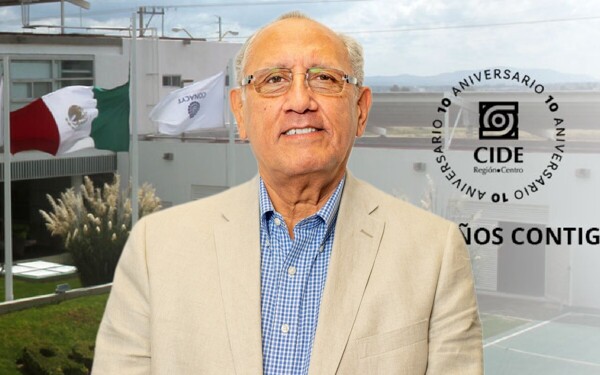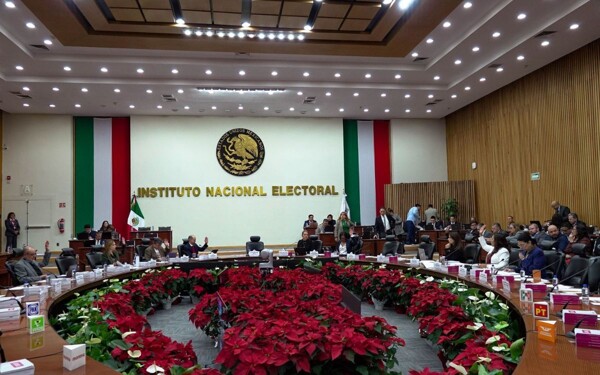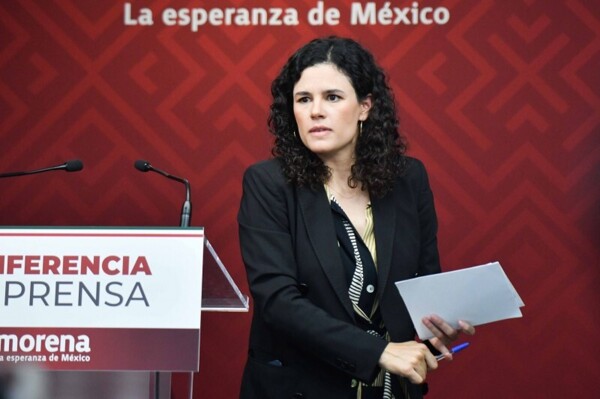
The government of Mexico rejected on Tuesday Peru's decision to break diplomatic relations after the Mexican embassy in that country granted political asylum to former Peruvian Prime Minister Betsy Chávez, an ally of former President Pedro Castillo, who is being prosecuted with him for the failed coup attempt at the end of 2022.
"We reject the decision taken by the government of Peru to break diplomatic relations with Mexico, but not consular ones, because we are acting peacefully, with a humanitarian sense and in strict adherence to international law," said Deputy Secretary for North America, Roberto Velasco Álvarez, during Tuesday's morning press conference.
Velasco explained that the asylum was granted after a joint evaluation by the Secretariat of Foreign Relations (SRE) and the Secretariat of the Interior (Segob), in accordance with the Mexican Constitution and current international treaties.
It was decided to grant asylum to Mrs. Chávez, as already mentioned, because she has stated that she has been a victim of violations of her procedural rights and political persecution.
The official recalled that Mexico invoked the Caracas Convention on Political Asylum, which states that it is up to the asylum state "to assess the nature of the crime or the motives for the persecution".
He also cited a 1967 UN resolution that states that "the granting of political asylum shall never be considered an unfriendly act".
Velasco asserted that the measure "is in line with Mexico's long tradition of diplomatic asylum, rooted in our history and in our humanistic principles and in strict adherence to international law," and assured that Mexico will continue "to defend that humanistic tradition".
For her part, the Undersecretary for Latin America and the Caribbean, Raquel Serur Smeke, emphasized that asylum is "one of the most noble" institutions of Mexico and recalled the country's historical precedents on the matter.
"Any foreign person who finds their life, integrity, and freedom in danger because of their ideas or political activities can request political asylum from Mexico," she said, evoking the cases of Spanish refugees during the government of Lázaro Cárdenas, as well as asylum seekers from the Southern Cone dictatorships and figures such as José Martí, León Trotsky, Rigoberta Menchú, and Evo Morales.
She also cited former President Cárdenas when he received Spanish Civil War exiles in 1939.
"We did not receive them as castaways from dictatorial persecution, but as exponents of the imperishable cause of human liberties," she said.
The Director General for South America, Pablo Monroy Conesa, added that the cases of Betsy Chávez and Pedro Castillo "are totally connected".
He recalled that Castillo "was democratically elected" in 2021 and was a victim of political, media, and judicial harassment during his term, and that his removal from office in December 2022 and the subsequent judicial processes "are full of irregularities that are equivalent to human rights violations".
Monroy emphasized that "Mexico does not interfere and has not interfered in the internal affairs of Peru," and maintained that its position "is consistent" with a solid history of foreign policy based on the right of asylum and respect for peoples.
"Mexico did not respond in the same way. Mexico did not declare the ambassador in Peru persona non grata in 2022, as Peru did with the Mexican ambassador at that time," he pointed out and asserted that consular relations will be maintained because of the "deep love and respect we have for the Peruvian people," he concluded.














